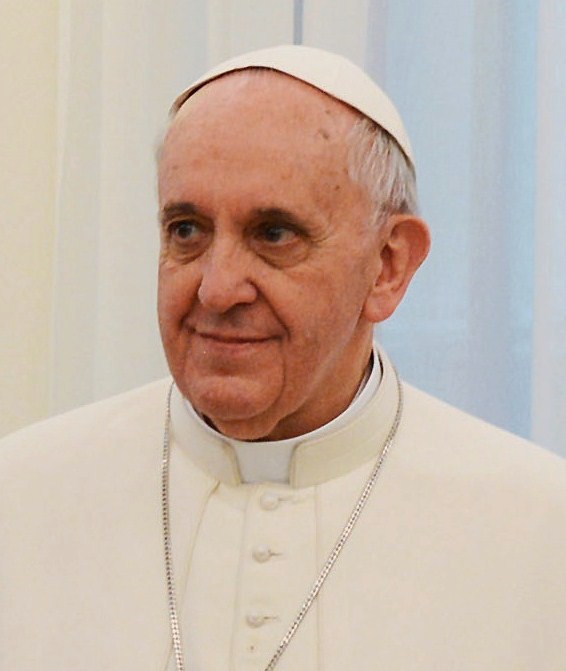Amy at Texas Faith: How do you assess Nelson Mandela’s complex legacy?
TEXAS FAITH: How do you assess Nelson Mandela’s complex legacy?
Question by
How do you assess the complex legacy of Nelson Mandela?
There are so many ways to get into this question. So, let me start with these three quick summaries of his long journey:
In a powerful and controversial move as president, he set up a Truth and Reconciliation Commission after apartheid officially ended. The commission allowed those who testified about crimes in the apartheid era to step forward and tell the truth without fear of retribution. The sins of the past were acknowledged in exchange for individual amnesty.
On the other hand, Mandela was part of a group in the early 1960s that decided to take up arms against the apartheid government. They decided that rising up militarily against their oppressors was the best strategy. Of course, that was not the non-violent approach that Dr. Martin Luther King, Jr and Mahatma Ganhdi embraced.
And then there was this revelation in Bill Keller’s obituary of Mandela in the New York Times:
Mr. Mandela said he regarded his prison experience as a major factor in his nonracial outlook. He said prison tempered any desire for vengeance by exposing him to sympathetic white guards who smuggled in newspapers and extra rations, and to moderates within the National Party government who approached him in hopes of opening a dialogue. Above all, prison taught him to be a master negotiator.
There are many aspects of his long, storied and complicated fight for justice. So, let me stop here and ask you:
What do you make of Nelson Mandela’s complex legacy?
MY MARTIN, Director Emeritus of Earth Rhythms and Writer/editor Moonlady News Newsletter
Nelson Mandela was a human being. In 95 years of life, he sank to his lowest and rose to his highest. He lived his aspirations and he failed them as well. He struggled and he submitted. He learned and he evolved. He was human and thus a paradox.
“Do I contradict myself?’” said Walt Whitman. “Very well, then I contradict myself. I am large, I contain multitudes.” Nelson Mandela’s legacy is that he integrated his multitudes, accepting all of him self, and in the process integrated the world.



